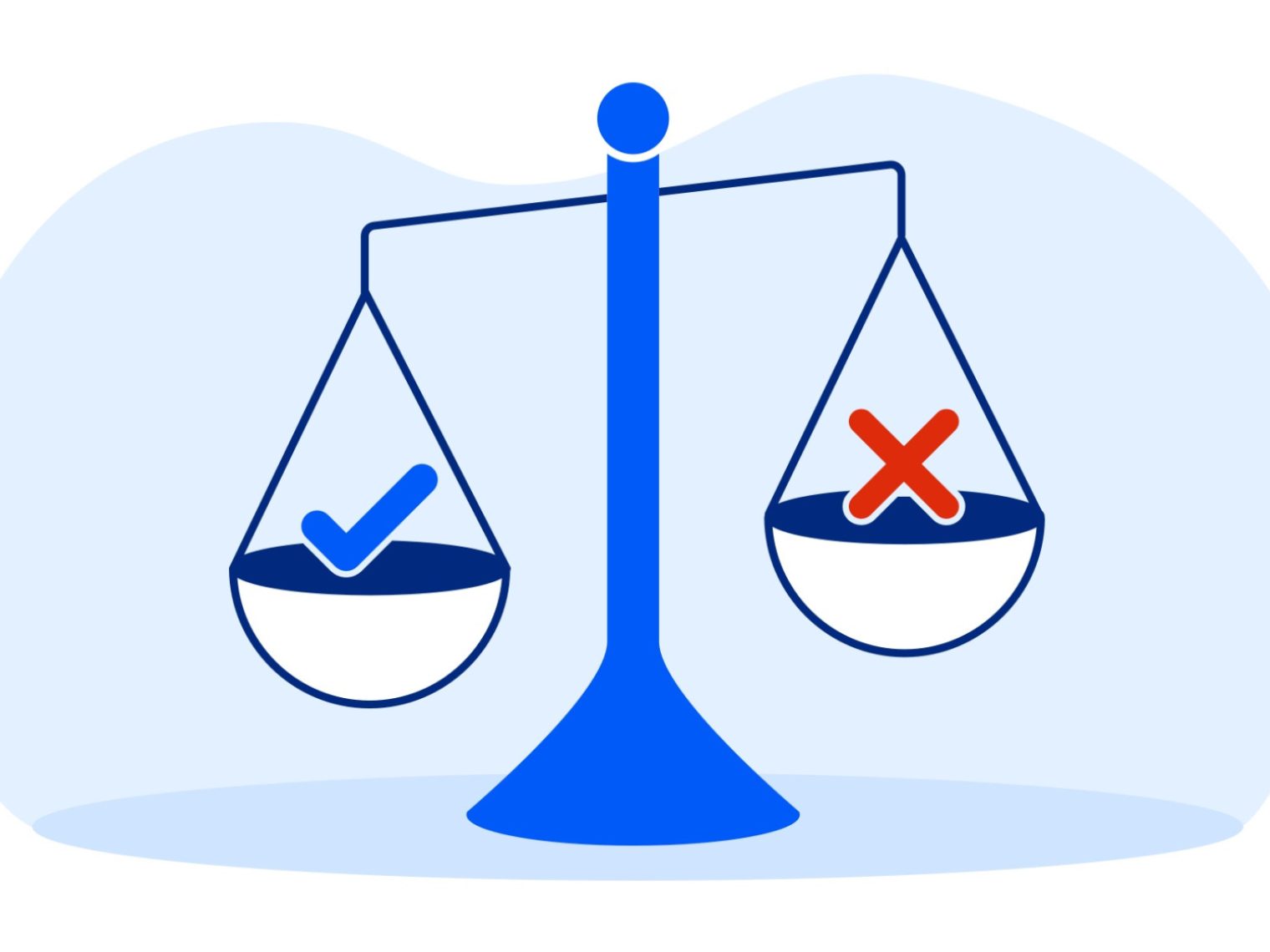- Eligible surviving spouses can use a VA loan to buy or refinance if their spouse died in service or from a service-connected disability.
- Start by obtaining a Certificate of Eligibility (COE). Veterans United can even get this document for you to streamline the process.
- Qualified surviving spouses are exempt from paying the VA Funding Fee.
The VA home loan is a benefit earned through service and sacrifice. It isn’t something that Veterans can transfer to their children or share with a civilian friend.
But for Veterans and service members who’ve paid the ultimate price, their surviving spouse may be able to use this long-cherished mortgage guaranty program.
Can a Surviving Spouse Get a VA Loan?
Yes, surviving spouses may be eligible for a VA loan, typically if they haven’t remarried and their spouse died in the line of duty or due to a service-connected disability.
Other cases where surviving spouses may have VA loan eligibility include:
- The spouse of a service member listed as MIA or a POW for more than 90 days
- The spouse of a Veteran receiving compensation at the time of death for a service-connected disability rated totally disabling
- The spouse of a Veteran continuously rated totally disabled for at least 10 years immediately preceding death
- The spouse of a Veteran continuously rated totally disabled for at least five years from the date of discharge or release from active duty
- The spouse of a Veteran who was a former POW who died after Sept. 30, 1999, and was continuously rated totally disabled for at least one year immediately preceding death
Spouses who remarry after their significant other's death may still be eligible for a loan, provided they did so on or after turning 57 and on or after Dec. 16, 2003.
Additionally, spouses who purchased a home with a VA loan are eligible to refinance using the VA Streamline program.
VA Refinancing Options for Surviving Spouses
Surviving spouses of Veterans may be eligible to refinance their existing VA loan or into a VA loan through the following programs:
- VA Streamline refinance (IRRRL): Helps lower your current VA loan interest rate or monthly payment with minimal paperwork and no appraisal in most cases.
- VA Cash-Out refinance: Allows eligible surviving spouses to tap into their home’s equity for major expenses, debt consolidation or home improvements. The VA Cash-Out refinance option can also be used to refinance a non-VA loan into a VA loan.
These programs provide surviving spouses with the flexibility to adjust their finances or access cash without forfeiting their VA loan benefits. VA refinance options remain subject to standard VA underwriting requirements, including residual income and net tangible benefit tests, where applicable.
How to Start the VA Loan Process as a Surviving Spouse
As a surviving spouse, a common first step is validating your eligibility by obtaining a Certificate of Eligibility (COE). The COE confirms your eligibility and provides an entitlement code explaining your eligibility. Surviving spouses typically fall under Entitlement Code 06 or Entitlement Code 07 on the COE.
Keep in mind, you don't need a COE in hand to contact a lender. In many cases, your lender can obtain the COE on your behalf.
If you plan to get a COE on your own, you'll need to fill out VA Form 26-1817, which is the Request for Determination of Loan Guarantee Eligibility - Unmarried Surviving Spouses.
To complete this form, you'll need the following information about the deceased Veteran:
- Full Name
- Date of Birth
- Social Security Number
- Veteran’s Service Number
- Date of Death
- Periods of Service
- Branch of Service
After completing the form, you'll need to send it to your state's regional VA office.
Otherwise, the VA loan process looks the same for surviving spouses as it does for other VA homebuyers, from preapproval to underwriting and closing.
VA Mortgage Benefits for Surviving Spouses
Surviving spouses who qualify have access to the same VA loan benefits that have helped millions of Veterans secure home financing since 1944. That includes being able to purchase with no money down and no mortgage insurance.
VA loans offer flexible credit guidelines and rely heavily on residual income analysis rather than strict debt-to-income limits. Historically, VA loans have demonstrated strong performance compared to other mortgage products.
In addition, surviving spouses are exempt from paying the VA Funding Fee. This mandatory fee is allocated directly to the loan program to cover losses and ensure its continued operation for future generations.
State and Local Benefits for Surviving Spouses
In addition to federal VA loan benefits, many states offer property tax exemptions or reductions for eligible surviving spouses of service members who died in the line of duty or from service-connected causes.
These programs vary by state, so it’s best to check with your local tax authority or VA regional office for details.
Can Other Family Members Get a VA Loan?
No, VA home loans are only available to eligible Veterans, active-duty service members and certain surviving spouses. Other family members, including children or dependents of Veterans, are not eligible to use a Veteran’s VA loan entitlement.
If you’re a surviving spouse and have questions about your VA loan eligibility, connect with a Veterans United VA loan expert today.
How We Maintain Content Accuracy
Our mortgage experts continuously track industry trends, regulatory changes, and market conditions to keep our information accurate and relevant. We update our articles whenever new insights or updates become available to help you make informed homebuying and selling decisions.
Current Version
Mar 2, 2026
Written ByChris Birk
Reviewed ByDon Wilson
Updated article for clarity and accuracy. Content reviewed and fact checked by underwriter Don Wilson.
Related Posts
-
 VA Renovation Loans for Home ImprovementVA rehab and renovation loans are the VA's answer to an aging housing market in the United States. Here we dive into this unique loan type and the potential downsides accompanying them.
VA Renovation Loans for Home ImprovementVA rehab and renovation loans are the VA's answer to an aging housing market in the United States. Here we dive into this unique loan type and the potential downsides accompanying them. -
 Pros and Cons of VA LoansAs with any mortgage option, VA loans have pros and cons that you should be aware of before making a final decision. So let's take a closer look.
Pros and Cons of VA LoansAs with any mortgage option, VA loans have pros and cons that you should be aware of before making a final decision. So let's take a closer look.


